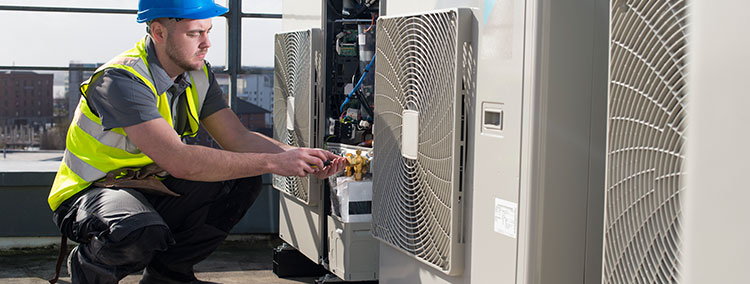
Call 877-959-3534 for an Appliance Repair Quote!
As much as you would want to make your work easy and throw all your clothes in the washing machine, it’s often impossible as some clothes might get damaged. In other cases, these clothes might damage the washing machine, forcing you to hire a washer repair professional to fix the machine.
Are you wondering which clothes you shouldn’t wash in the washing machine? Here they are:
Delicate fabrics
Delicate fabrics such as silk, lace, and wool are prone to damage when you wash them in the machine.
When you wash the fabric in the washing machine, the mechanical action of the machine can stretch, snag, or even tear the fabric, and you don’t want this, do you?
Delicate fabrics are also prone to shrinkage and color bleeding when you wash them in a washing machine using hot water, which can ruin the garment’s appearance.
The harsh detergents and chemicals used in the washing machine can also strip the fabric of its natural oils and cause it to become dry and brittle. Consequently, you have ugly clothes that you aren’t proud to wear.
To avoid damaging your delicate fabrics, instead of washing them using the washing machine, hand wash them. When you hand wash the outfits, you have control of the agitation and the temperature of the water, which protects the fabric from damage.
If you don’t want to hand wash the clothes, you can always dry clean them. Here you use a chemical solvent to clean the garment, rather than water and detergent that have been shown to damage the outfits.
Call 877-959-3534 for an Appliance Repair Quote!
Clothes with embellishments
You shouldn’t machine wash clothing pieces with embellishments such as beads, sequins, or buttons, as the mechanical action of the machine can cause the decorative elements to get loose or fall off.
The heat and water of the wash cycle can also cause the embellishment to become discolored or tarnished, which ruins the garment’s appearance.
Like the delicate fabrics, don’t use a washing machine to clean the clothes with embellishment. Instead, hand wash or dry-clean them to preserve the integrity of the decorations and maintain the overall appearance of the garment.
Leather and suede
As much as leather and suede appear tough, they aren’t. Both materials are delicate and can easily get damaged by machine washing. The harsh detergents and high water temperatures used in the machine-washing process can strip away the natural oils and finish of the leather or suede, causing it to become dry and brittle.
The agitator in the washing machine can also cause abrasions and scuffing on the surface of the leather or suede, giving the materials an ugly look.
The best way to clean leather and suede is by wiping them down with a damp cloth and a gentle cleaner designed to clean them. If the leather or suede is too dirty or needs a deeper cleaning, take it to a professional cleaner experienced in cleaning these materials.
Clothes with metal hardware
There are plenty of reasons you shouldn’t clean clothes with metal hardware using a washing machine. For one, the zippers, buttons, and snaps can damage the clothing during the washing process. This happens when the metal in the clothes rubs against the fabric, creating holes and tears.
The metal pieces can also get caught in the agitator or the pump, causing damage to the machine. In some cases, the metal can cause the machine to break down.
When exposed to water and detergents, some metal hardware can corrode or rust, discoloring the clothing and even leaving unsightly stains.
Finally, the noise comes about as the metal hardware bounces around inside the washing machine. The noise is not only disruptive but also annoying.
Hand wash the outfits to avoid the issues with machine washing the clothes with metal hardware. If you have to machine wash them, always place them in a mesh laundry bag before placing them in the washing machine.
According to appliance repair professionals, when you do this, you protect the clothing and machine and prevent the metal hardware from corroding or rusting.
Call 877-959-3534 for an Appliance Repair Quote!
The post appeared first on Express Appliance Repair